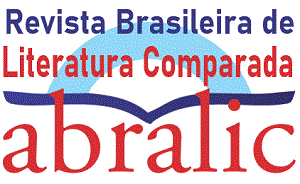ABSTRACT
This work systematizes a theory of geopoetry as a theoretical-critical proposal that rises from the Global South axis, specifically from the regions Center-West and North of Brazil. With the goal of thinking dialogically the cerratense literature, such formulation has been built collectively for more than five years within the scope of a thematic symposium of the Brazilian Association of Comparative Literature (Associação Brasileira de Literatura Comparada - ABRALIC). Focused on the discussion of oral, written, staged, and performed poetics by individual and collective authors located in villages and quilombos, we compose comparativist ways in a “brasil.br” (Bolle, 2004). By relating the geopoetry to geocriticism (Westphal, 2017), we evidence contact and confrontation points between theories to analyze Kalunga quilombola verses (Goiás/ Tocantins). We problematize the concepts of “globalization” and “deglobalization” (Hobsbawm, 2007) in a movement to combat colonial/imperialist processes that, many times, covered literature and academic criticism. Analyzing specifically literary forms of the Kalunga people we relate the experience of this Brazilian geographic and symbolic space to the historical-cultural dynamics that marks the entire Black Atlantic (Gilroy 2017). Finally, we propose a polyphonic critical approach (Bakhtin, 2006) that updates the Bakhtinian legacy in this New Millennium.
KEYWORDS:
geopoetry; geocriticism; globalisation; deglobalization; polyphony
